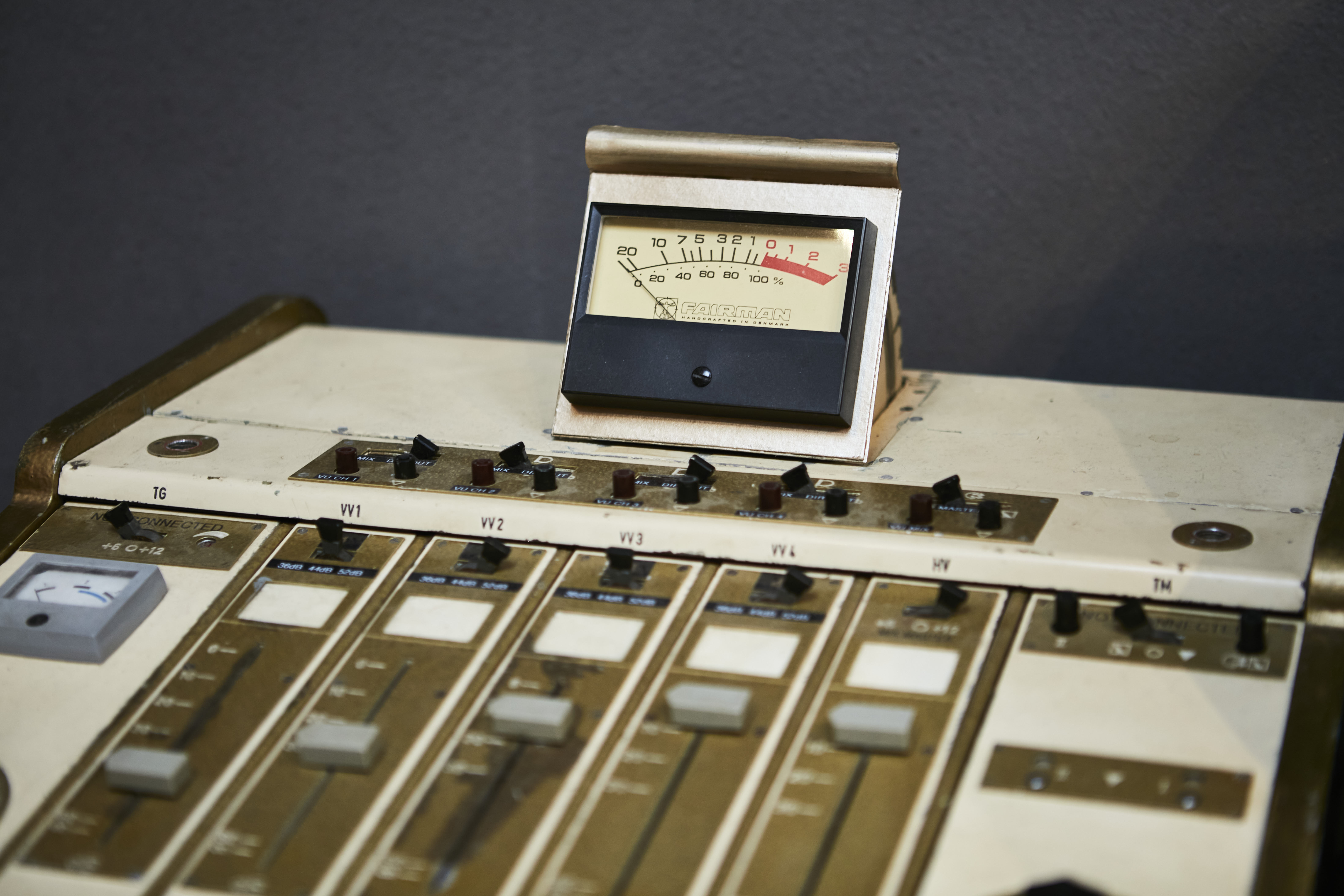
What We’ve Learned from Our First 100 Studio Enquiries
When we launched Pro Studio Time, we had a hunch: the process of booking a professional recording studio — especially for artists, managers, and A&R teams — could be faster, clearer, and way less painful. After helping facilitate our first 100 studio enquiries, we’re even more convinced.
These sessions have come from a mix of major labels, management teams, and independent artists, spanning everything from vocal tracking days to full-band residential bookings. And while every project is different, the same patterns keep coming up.
Here’s what we’ve learned so far:
Top Insights from Our First 100 Enquiries
1. Speed still wins.
When a project kicks off — especially from a label or management company — there’s usually pressure to move fast. What we’ve seen is that users are looking for a quick shortlist of suitable, available studios. The studios that respond within a few hours tend to get booked. Those that take a day or two? Often too late. In a world where sessions are confirmed by end of day, speed makes a difference.

2. Rates aren’t shared upfront — and it slows everything down.
In some cases, we have to send two or three follow-up emails before a studio shares its rate. Sometimes it’s because they want more details about the session (fair enough), but sometimes it’s just because that’s how the industry has always done it — hold cards close until you know who you’re dealing with.
It adds friction, and in some cases, costs studios the booking. People want to know quickly if something’s within budget — especially when they’re considering 5–6 studios at once.
3. The more info a user gives, the better the rate they get.
Here’s the flip side: when users are vague — “just looking for a studio next week” — studios tend to play it safe. Higher rates, generic responses, or sometimes, no response at all.
But when the brief is solid (project name, number of people, preferred hours, what you’re recording, rough budget), studios are much more likely to offer a fair rate — or even be flexible.
Want the best rate? Be upfront. It builds trust and makes it easier for studios to say yes.

4. Location still wins — even over gear.
We’ve seen it time and again: when the artist is based in North London, studios in South London might as well be in another country. No matter how good the gear or how perfect the vibe, proximity almost always comes out on top — especially for one-day vocal sessions or writing blocks.
That’s why surfacing relevant options quickly — not just the “top” studios, but the right ones in the right place — makes all the difference.
5. Short sessions are the most common — and they still take too much effort to book.
Most enquiries we’ve seen aren’t for month-long album projects — they’re for one- or two-day writing sessions, half-day vocals, or week-long rhythm section tracking. These are focused, fast-moving sessions… but the booking process can still feel like organising a festival.
Studios and users are spending the same amount of time going back and forth, regardless of session length — which makes streamlining not just helpful, but necessary.

What This Means Going Forward
What’s become clear is that studios don’t need to be cheaper — they need to be easier to book. Likewise, users don’t need more choice — they need better filters, clearer briefs, and faster feedback loops.
We’re building Pro Studio Time to bridge that gap. The goal isn’t to replace relationships — it’s to remove the unnecessary admin that gets in the way of them.
The takeaway? Booking a studio shouldn’t feel harder than recording in one. We’ve still got work to do — but every session, every email, and every conversation is helping shape something better.
If you’ve been part of this early wave, thank you. And if you’re just finding us now, welcome — we’re building this for you.
